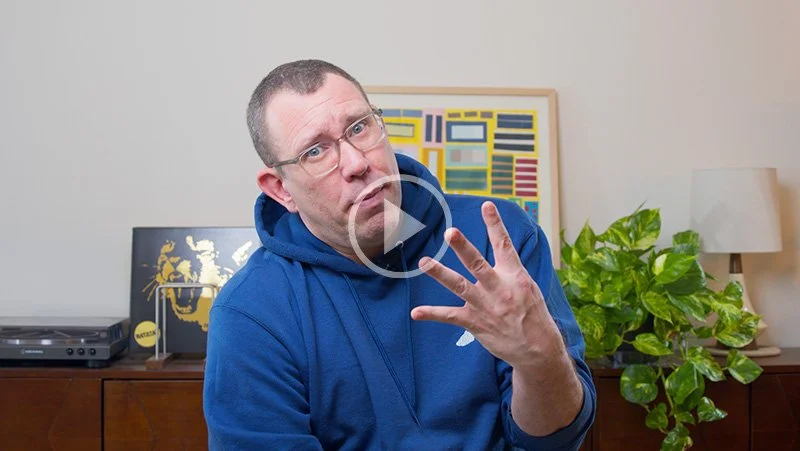Dealing With People Who "Always Forget" Things at Work
Welcome to the #culturedrop. Every Tuesday, Galen Emanuele emails tools to advance leadership skills, team culture, and personal growth. No spam, just great content. Sign up now to get it in your inbox.
A tip for communicating with a coworker, leader, employee, or colleague who “always forgets” things.
A useful hack for when it’s important to be clear on what was said, heard, and understood.
Scenario: A meeting takes place between two people at the outset of a project. Two months later, it comes to light that there was a discrepancy in what Person B understood was wanted by Person A that resulted in them doing something completely different from what Person A expected. Chaos and headaches ensue.
This is actually a really common situation that occurs in workplaces and there’s a pretty easy fix to it.
Avoid miscommunication with… a clearly expressed agreement. (*cue Ta-daa! sound)
“This is a great habit to get into and really valuable for both parties to have a clearly expressed overview of the parameters, expectations, deadlines, etc. of the project.”
This means that at the end of any conversation where it’s important to be clear on what was said, heard, and understood, you send a quick recap email with the key details covered in the meeting.
This is a great habit to get into and really valuable for both parties to have a clearly expressed overview of the parameters, expectations, deadlines, etc. of the project (or whatever context the meeting had). all laid out from the outset.
Doing this also opens the door for clarity or correction on the other person’s end if you missed anything. Send the note with a “Here’s a recap of what we talked about, just to make sure I’m not missing anything. Let me know if this all looks right and accurate to you.”
Using this simple hack can help to avoid a lot of miscommunication and frustration between what was said and what was heard or understood during the meeting.
Also, you’re not a spy.
“The purpose of this is not to “catch” someone. The reason is for the distinct purpose of adding clarity and avoiding miscommunication.”
I want to add an important note here, which is to say that you are not a spy. The purpose of this is not to “catch” someone. The reason is for the distinct purpose of adding clarity and avoiding miscommunication.
Be a professional, act like an adult, don’t be passive aggressive or condescending. Sending a recap email like this isn’t an attempt to make them look or feel bad. Be earnest and genuinely use this as a tool to provide valuable clarity to projects and situations where clarity matters. A way to not make this feel like a surprise is to mention during the meeting that you’ll send a recap afterward to make sure you’re all on the same page and that you didn’t miss anything.
As a result of getting into the habit of doing this for important conversations, you’ll experience less frustration with misunderstood expectations, directions, and details. So simple.
Related Blogs:
Want more?
This article was created by Galen Emanuele for the #culturedrop. Free leadership and team culture content in less than 5 minutes a week. Check out the rest of this month's content and subscribe to the Culture Drop at https://bit.ly/culturedrop








